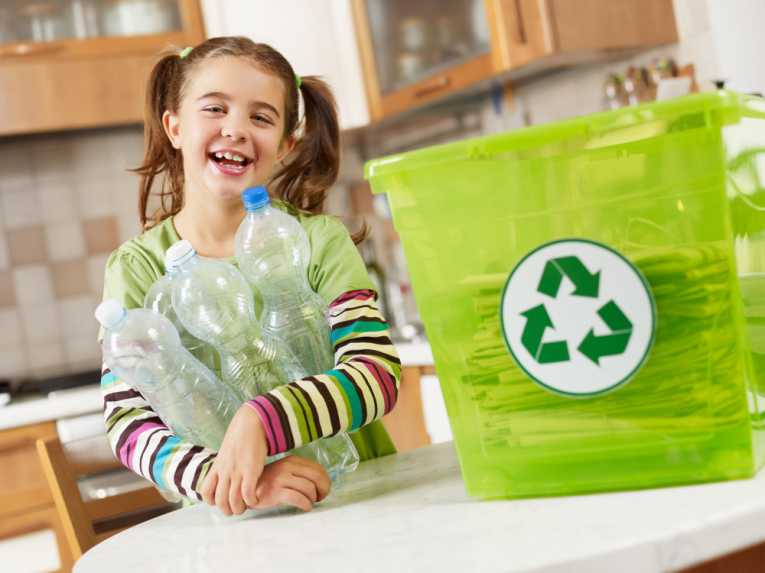The U.S. Environmental Protection Agency (EPA) reports that America currently recycles around 32 percent of its waste, which is equivalent to saving the greenhouse gas emitted by 39.6 million cars.
Reducing solid waste and recycling can actually help tackle climate change; this is because the way our products are manufactured, transported, used and then disposed of all produce greenhouse gas emissions.
"Increasing the recycling rate to 35 percent would reduce greenhouse gas emissions by an additional 5.2 million tons of carbon dioxide equivalent", says the EPA.
The problem with rubbish is that in the past the issues have been kept away from public view. Waste is thrown into a bin and then taken away to the landfill. But with increasingly obvious pollution of waterways, health and environmental issues from landfills and excessive waste of precious resources has come a realisationthat this is one problem that is not going to go away.
Recycling rubbish is rapidly becoming the preferred method to manage waste around the world. One of the most common reasons Americans give for not recycling, according to Keep America Beautiful (KAB), is that they don't know how, when, where and what to recycle in their communities.
So KAB is hosting this year's nationally celebrated event to promote recycling around the country.
This year's theme is all about promoting Americans to make a conscious effort to recycle every day. Community groups and organizations are holding events to encourage people to reduce their waste by recycling both at home and at work. Over 2,000 events have formally registered to take place this year, including art exhibitions, recycling electronics, paper drives and contests.
Recycling bins will also be in highly visible places throughout the country. Disney has also got involved and, on America Recycles Day, people can take an old tee shirt into a Disney store and it will be recycled into paper products. Matthew M.McKenna, president & CEO of KAB says that "Recycling is the easiest thing that any individual can do to reduce his or her carbon footprint, save energy and protect natural resources".










